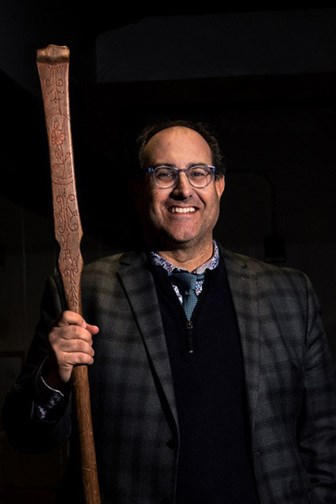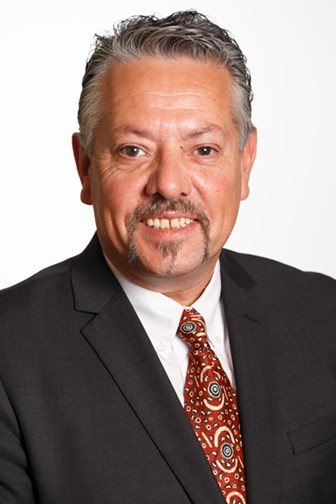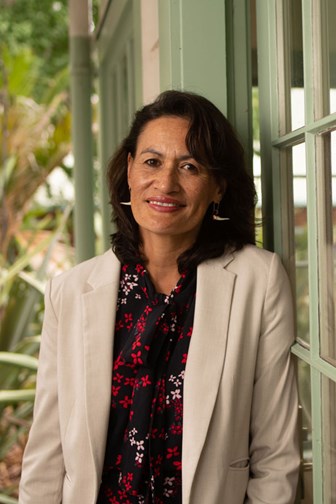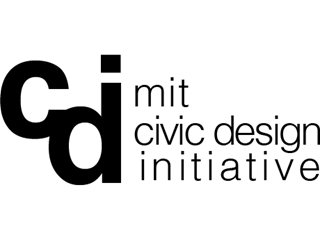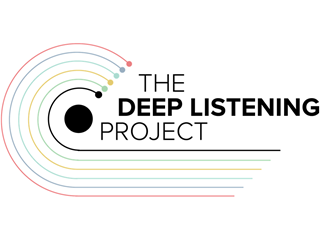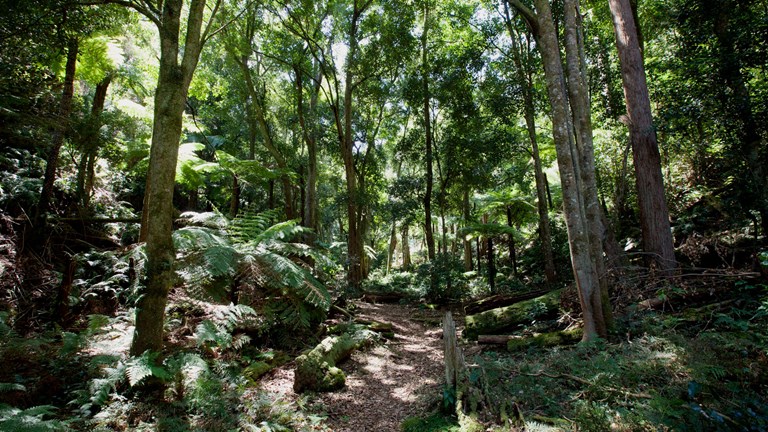
First Nations for Climate Action
With a deep connection to, and knowledge of, the land they care for, First Nations communities are a crucial but often overlooked voice in conversations about sustainability, climate action and environmental policy.
ABC Indigenous Affairs Editor Bridget Brennan facilitated a conversation about the importance of First Nations' knowledge in protecting our environment, discussing important projects and initiatives led by Indigenous communities around the world to create a more sustainable future for us all.
Presented in collaboration with the MIT Civic Design Initiative Deep Listening Project
The Deep Listening Project seeks to co-design technologies that enable institutions and communities to collaborate towards effective and just climate adaptation. The project is driven by a multidisciplinary team at MIT Civic Design Initiative along with cross-university, community, and IGO partners. The Deep Listening Project was one of the finalists in the MIT Climate Grand Challenge and is currently seeking funding partners to implement the project. Please visit our website to learn more about the project.
Moderator
Bridget Brennan
Indigenous Affairs Editor, ABC
Bridget Brennan is the ABC’s Indigenous Affairs Editor and has been a journalist with the national broadcaster for more than decade. She was the first Indigenous journalist to be appointed as a foreign correspondent for the ABC. She’s worked as a journalist in Europe, Asia and the United States. In 2017, she anchored the ABC’s coverage from the historic summit which led to the Uluru Statement from the Heart. Recently she’s been reporting on the pandemic and the ways in which climate change is impacting First Nations communities. Bridget is a Dja Dja Wurrung and Yorta Yorta woman from Victoria.
Speakers
Dr Darren J. Ranco
Associate Professor of Anthropology and Chair of Native American Programs, University of Maine
Darren J. Ranco, PhD, a citizen of the Penobscot Nation, is an Associate Professor of Anthropology and Chair of Native American Programs at the University of Maine. He has a Masters of Studies in Environmental Law from Vermont Law School and a PhD in Social Anthropology from Harvard University.
His research focuses on the ways in which Indigenous communities in the United States resist environmental destruction by using Indigenous science, diplomacies, and critiques of liberalism to protect natural and cultural resources. He teaches classes on Indigenous intellectual property rights, research ethics, environmental justice and tribal governance. As a citizen of the Penobscot Nation, he is particularly interested in how better research relationships can be made between universities, museums, Native and non-Native researchers, and Indigenous communities.
Rodney Carter
Group Chief Executive Officer, Dja Dja Wurrung Clans Aboriginal Corporation
Rodney Carter is a descendant of Dja Dja Wurrung people and resides at Bendigo in Central Victoria. He currently works for his people, the Dja Dja Wurrung as the Group Chief Executive Officer of the Dja Dja Wurrung Clans Aboriginal Corporation and the Dja Dja Wurrung Enterprises Pty Ltd. A defining moment in Rodney’s career was negotiating the Dja Dja Wurrung people's native title settlement in 2013. Rodney was a member of the Dja Dja Wurrung negotiation team that negotiated a settlement agreement with the State of Victoria over a period of three years. Rodney also led negotiations on behalf of Dja Dja Wurrung with neighbouring group Wadawurrung which resulted in a boundary agreement in 2012.
Marama Muru-Lanning (joining live via video link)
Director, James Henare Research Centre, University of Auckland
Marama Muru-Lanning is the Director of the James Henare Research Centre at the University of Auckland. Her research is dedicated to transdisciplinary collaborations with Māori communities that prioritise equity. As a social anthropologist she focuses on the cultural specificity of Māori groups and their unique sense of place and belonging in Aotearoa. Her professional expertise includes: building research relationships with Māori communities, environmental anthropology, commodification, privatisation, knowledge production, elder health and wellbeing and Chilean intercultural politics. What distinguishes Marama internationally as a social scientist is her specialisation in four interrelated areas of research: water; human-environment relationships; mātauranga; transdisciplinary research methods. Marama is from Tūrangawaewae Marae with a whakapapa that connects her to Waikato, Ngāti Maniapoto and Ngāti Whātua.
